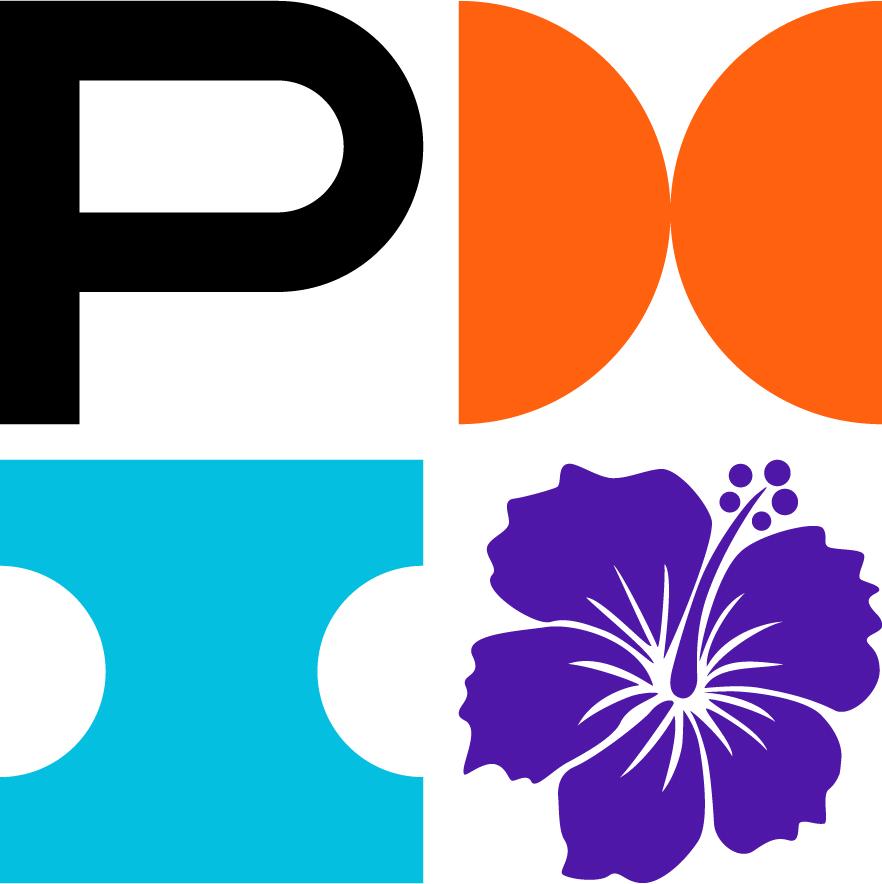August 08 2025 at 10:29AM
Hybrid Project Management: Transforming Caribbean Construction and Infrastructure Delivery
In today's rapidly evolving business environment, Caribbean organizations face growing pressure to deliver infrastructure and construction projects faster, within budget, and at higher quality. Traditional Waterfall methodologies often fall short in addressing rapidly changing conditions, while pure Agile methods may lack the structure needed for complex, multi-stakeholder projects.
This has led to the rise of Hybrid Project Management—a strategic combination of Agile and traditional Waterfall approaches. This flexible methodology is helping Caribbean construction and infrastructure leaders manage uncertainty, maintain compliance, and achieve better results.
The Evidence for Hybrid Methodologies
The global shift toward hybrid methodologies is supported by strong data. According to the Project Management Institute (PMI), hybrid approach adoption surged from 20% in 2020 to 31.5% in 2023—a 57.5% increase that reflects organizations' growing recognition that no single methodology fits all project types.
A 2024 study by González Leyba et al. on major UK transportation projects confirmed that 94% of project managers used hybrid methods throughout the project lifecycle. Among the most effective combinations:
- Lean and Agile (30%)
- Lean and Waterfall (23%)
- Lean, Agile, and Waterfall (21%)
These combinations delivered measurable success:
- 78% on-schedule completion rates (vs. 61% with traditional-only methods)
- 82% budget adherence (vs. 69%)
- 23% higher stakeholder satisfaction
- 18% fewer project failures
Why Caribbean Organizations Need Hybrid Approaches
Hybrid project management is especially valuable in the Caribbean due to:
- Economic Volatility: Hybrid models allow flexibility during weather events, commodity price shifts, and global shocks.
- Cultural Diversity: Multi-island projects benefit from ceremonies and communication adapted to local culture and language.
- Resource Constraints: Adaptive planning allows efficient use of limited labor, materials, and infrastructure.
- Regulatory Complexity: Hybrid models balance strict compliance with agile delivery across diverse legal jurisdictions.
Proven Hybrid Framework Implementation
The LeAgile Success Model
A UK infrastructure project using LeAgile (Lean + Agile) demonstrated real-world improvements in:
- Productivity (via waste reduction)
- Safety (through structured planning)
- Stakeholder collaboration (using Agile rituals)
- Value delivery (via iterative development)
Techniques included: modular assembly, ergonomic training, Last Planner System (LPS), ABC inventory analysis, and waste management—all applicable to Caribbean construction.
Sprint-Based Construction Phases
Caribbean construction can adopt Agile sprints tailored to site phases:
- Foundation Sprint (4–6 weeks)
- Weekly reviews, daily stand-ups, continuous retrospectives
- Structural Sprint (6–8 weeks)
- Bi-weekly walkthroughs, scope adaptation, QA cycles
- Systems Sprint (4–5 weeks)
- Kanban boards, real-time approvals, iterative testing
Cross-Sector Use of Hybrid Project Management
Hybrid methodologies also enhance delivery in:
- Public Health: Vaccine rollouts or mobile clinics combine Agile responsiveness with Waterfall compliance.
- Tourism Infrastructure: Stakeholder design input (Agile) paired with regulatory processes (Waterfall).
- Digital Transformation: E-ID systems or e-Gov platforms require Agile prototyping and Waterfall governance.
Choosing the Right Hybrid Approach
Different combinations serve different needs:
- Lean + Agile: Great for modular builds, manufacturing, or iterative installations.
- Lean + Waterfall: Best for waste-sensitive, regulated sectors like utilities.
- Agile + Waterfall: Ideal for digital infrastructure or IT-focused public services.
Technology to Support Hybrid Projects
Successful implementation depends on:
- Cloud Collaboration: For multi-island coordination with offline access.
- Communication Tools: Video calls, WhatsApp groups, and dashboards keep teams informed.
Evidence-Based KPIs for Success
Track both standard and region-specific metrics:
- Global PM Metrics:
- 78% on-time delivery
- 82% budget compliance
- 23% higher stakeholder satisfaction
- Caribbean Metrics:
- 89% community engagement
- Local job creation
- Environmental indicators
- Cultural inclusion scores
Cultural Adaptation Strategies
For regional success, hybrid models should integrate:
- Multi-language Communication: Include Creole and Spanish, use visuals
- Stakeholder Roles: Engage community leaders and local liaisons
Roadmap to Hybrid Implementation
- Phase 1: Assessment (4–6 weeks)
- Review PM maturity and stakeholder readiness
- Phase 2: Framework Design (6–8 weeks)
- Tailor LeAgile or hybrid blends, set KPIs, assign roles
- Phase 3: Pilot Project (12–16 weeks)
- Choose medium-complexity project, run iterative sprints, gather feedback
PMISCC's Role in Regional Adoption
The Project Management Institute Southern Caribbean Chapter (PMISCC) is a catalyst for regional hybrid adoption:
- Offers certifications focused on cultural and environmental context
- Supports pilots and local mentoring
- Builds communities of practice and knowledge-sharing
- Hosts hybrid success stories from across the Caribbean
ELEVATE 2025: Advancing Regional Excellence
Join the ELEVATE 2025 Conference (Sept 11–12, 2025, Trinidad & Tobago | In-person | Online) to explore more about Hybrid Project Management Methodologies.
- Hands-on workshops on hybrid frameworks
- Expert panels on overcoming resource and cultural constraints
- Regional networking for hybrid innovation
Register at Elevate https://pmiscc.org/conference
The Path Forward
Hybrid project management unlocks new possibilities for Caribbean infrastructure and beyond. By combining Agile responsiveness with the governance of Waterfall, Caribbean organizations can:
- Improve performance by 22% or more
- Respond faster to local and global change
- Increase regional capacity through cultural adaptation
Start small with pilot projects. Use regional allies like PMISCC. Build on what works and scale confidently. The Caribbean has the opportunity to become a global model of hybrid project innovation rooted in local culture and practical experience.
References
- González Leyba, A.C., et al. (2024). Deploying the Hybrid Project Management Methodology Framework in Major Transportation Projects in the United Kingdom. Journal of Architectural Engineering Technology, 13(2).
- Project Management Institute (PMI) - Hybrid Project Management Research
- Standish Group CHAOS Report - Hybrid Methodology Success Metrics



